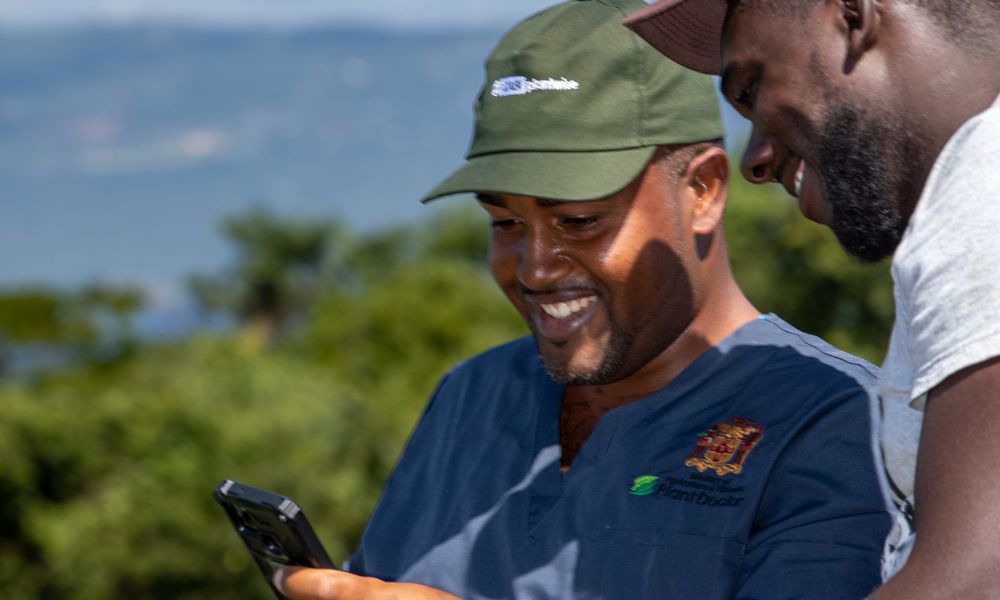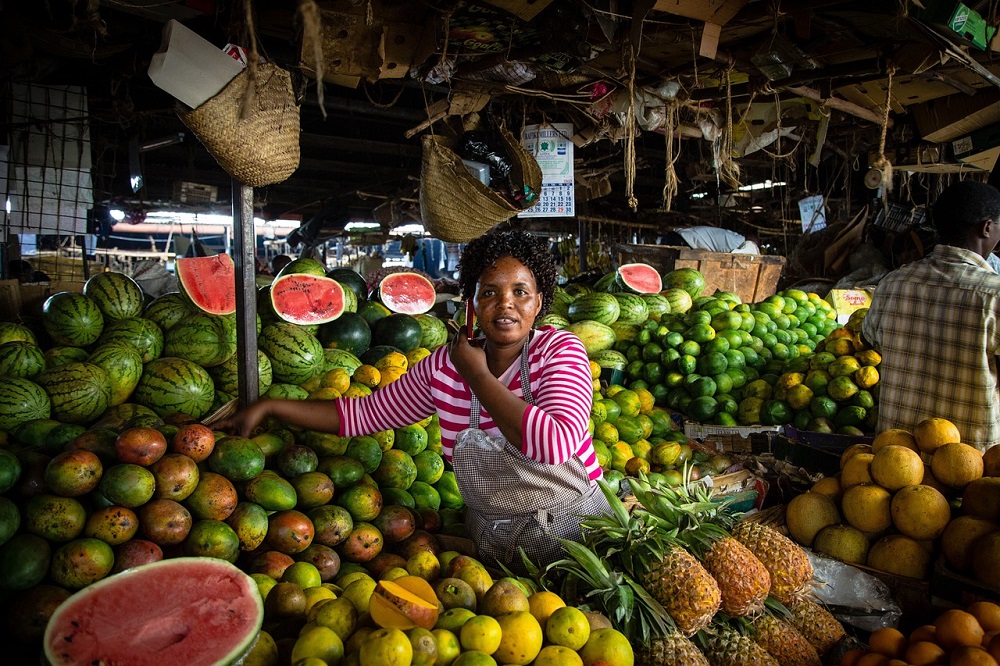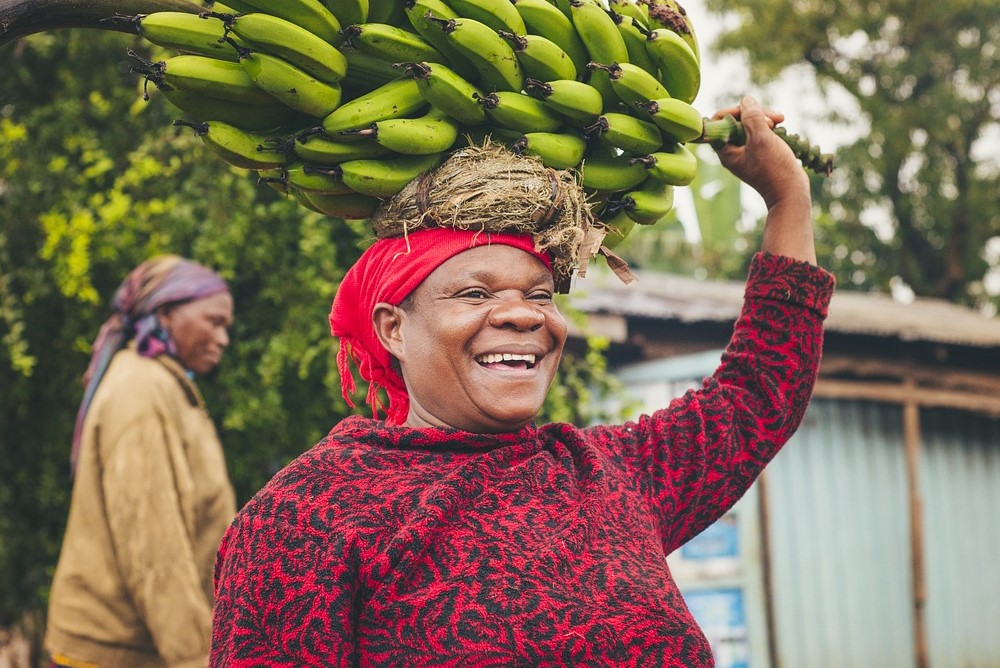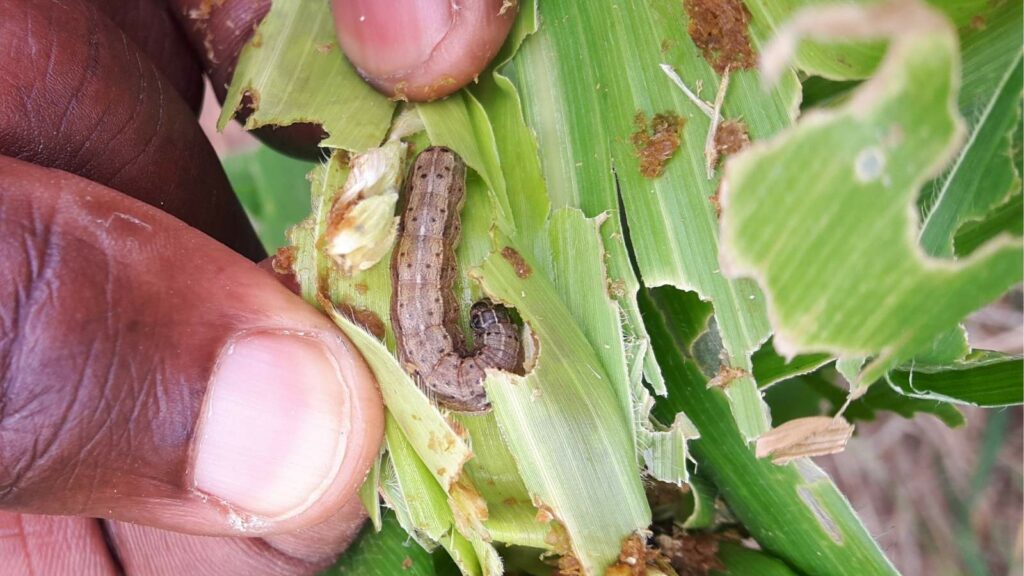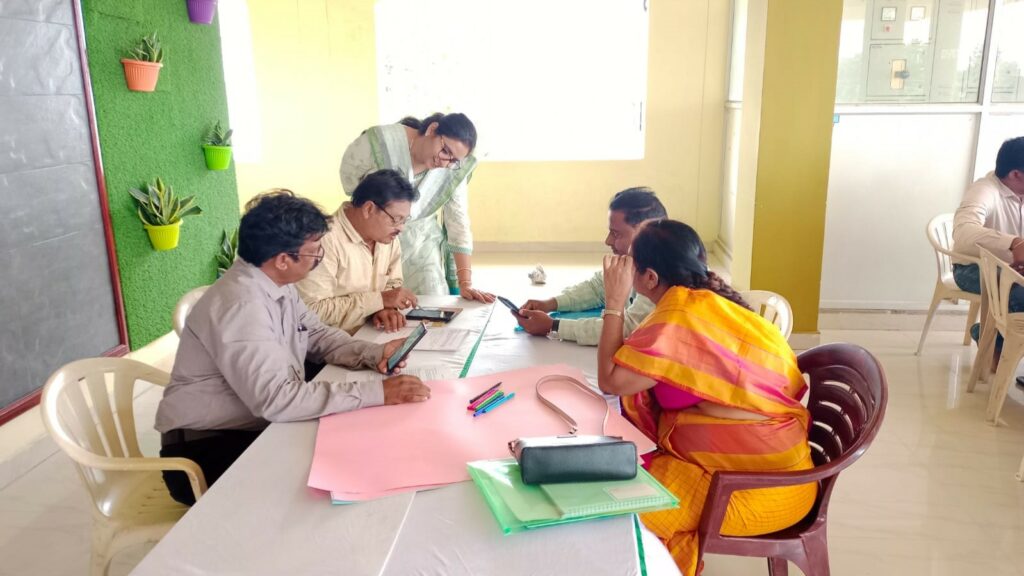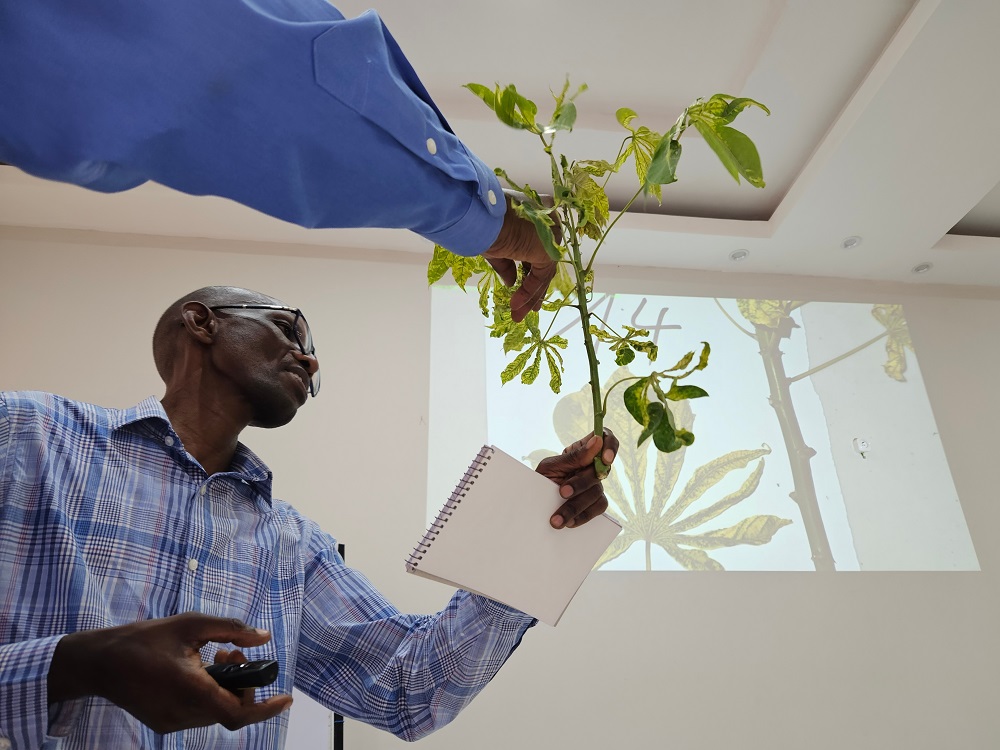6 ways that PlantwisePlus tools are transforming digital development
Digital development has come a long way over the past decade. And it’s helping farmers to access agricultural knowledge. Reaching smallholders with farming know-how can be challenging. Most smallholders have limited access to agricultural information. Moreover, public extension services are becoming more difficult to access. Tanzania only has four extension agents per 10,000 farmers. In…
Boosting the usage of CABI’s digital tools through communication, collaboration, and co-creation
Food security and food safety are two complementing elements of a sustainable future. Unexpected crop losses due to pests and diseases lead to food insecurity, and indiscriminate pesticide usage to control the pest/ disease hamper food safety. In such situations, countries need novel solutions that maintain food safety while addressing food security issues.
How Jamaica is supporting young people in agriculture
“At first, I don’t think he wanted us in farming. He more wanted a nurse, or a flight attendant, or something like that.” Justine is a young farmer in Jamaica who initially faced resistance from her father. She and her siblings are now preparing to take over the family farm.

